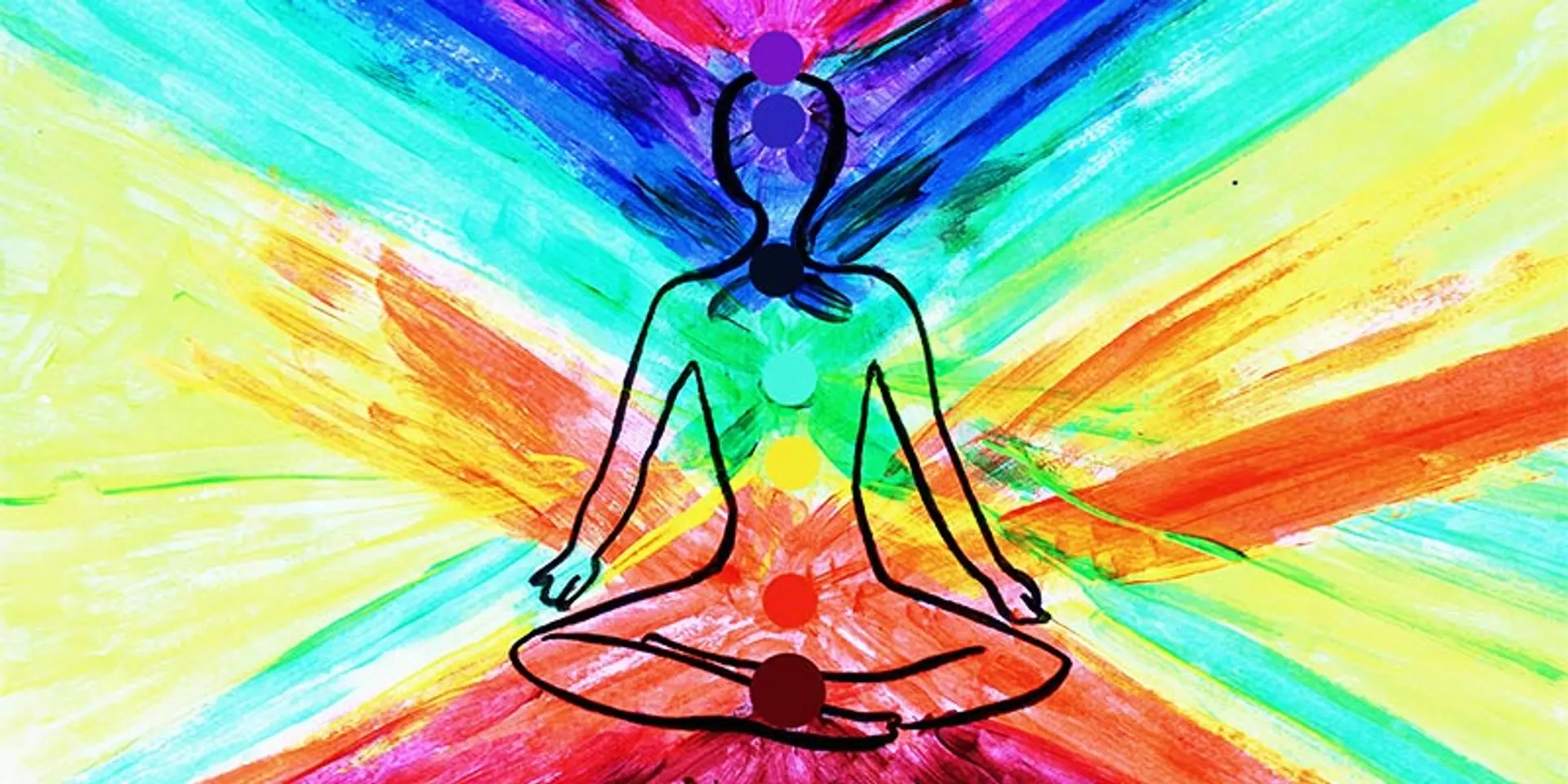Improving mental health with daily meditation
Meditation is a powerful tool—one that has lasted for centuries. So, how does it improves our mental health? Let’s find out.
Meditation is a powerful tool—one that has lasted for centuries.
Several ancient cultures have witnessed the wonders of meditation. In recent times, scientists are now looking at the profound benefits of meditation and its positive effect on mental health.
While ancient texts are filled with the magic of meditation practices and probably do not need validation, it always helps bring the information into the modern world when fascinating connections are uncovered by research.
How does mediation improve our mental health? Let’s explore some connections in research to uncover this link.

The connection between ancient wisdom and modern science
Stress, depression, and anxiety are known factors that affect sleep and mental health. Recent findings indicate a positive link between meditation and mental health, and long-term meditation practices might help to preserve brain health.
Meditation also helps to lower the stress hormone cortisol. In a 2013 research, where researchers analysed over 100 studies on meditation, they discovered that meditation is indeed a very effective method of lowering stress and calming down the autonomic nervous system.
In 2014, research on meditation and its effect on anxiety and depression found that meditation is a powerful component to reduce symptoms, including mediation as a complementary or adjunct to other modalities of treatment, to bring a positive outcome to all treatments.
Mindfulness and yoga—which combines movement, breathing, and meditation—are powerful components to support better sleep and reduce anxiety as it lowers breathing rate, heart rate, and blood pressure.
It calms down the nervous system, improves our ability to balance the sympathetic and parasympathetic states, and balances blood vessel tension.
Moreover, researchers have found a close link between long-term meditation and the structure of the corpus callosum in our brain. The corpus callosum connects the left and right hemispheres of our brain, ensuring smooth communication between the two hemispheres.
The size of the corpus callosum was larger in those who practised long-term meditation—a possible link to better communication between the right and left hemispheres—and can be seen as improved focus, better mental health, and greater resilience to stress.

ALSO READ

Where can you begin a meditation practice?
Create a space where you build the energy for your meditation practice. Having a space where you set up a feeling of warmth, sacredness, and calmness goes a long way in experiencing the benefits daily.
Much like having a warm bedroom beckons a feeling of wanting to sleep, a meditation space calls out to you to be regular, allows you to feel calmer, and invites a feeling of trust, surrender, and equilibrium.
Meditation and pranayama are best practised in the morning before 6 am or before any meal when the mind and body are most calm, and the energy in the environment is most pure and ideal to set the tone for your day.
If this is not ideal for you, create a regular time that works for you.
It is always better to have a short meditation practice daily than a longer practice every so often. The body and mind start to recognise the profound changes that occur with daily meditation.
If you can give 10 minutes of intentional time, that is perfectly fine. Observe how you feel with increasing the time with regular practice.
Be intentional about your mental health symptoms and notice how your practice shifts for you. If you are struggling with anxiety, you can meditate daily for a month and notice the symptoms reduce.
If you find your heart rate frequently elevated or struggling with palpitations that prevent sleep, regular meditation can help it calm down.
If you struggle with a particular practice, it does not mean that you cannot meditate. While this is a common reaction, it might mean you have not found the right practice for you.
At times, it can be easier to repeat a mantra in your mind rather than force yourself to meditate. Chanting focuses the mind and allows you to gently slip into meditation.
You could begin by chanting Om in your mind—deeply calming and beneficial to mental health.
Edited by Suman Singh
(Disclaimer: The views and opinions expressed in this article are those of the author and do not necessarily reflect the views of YourStory.)








